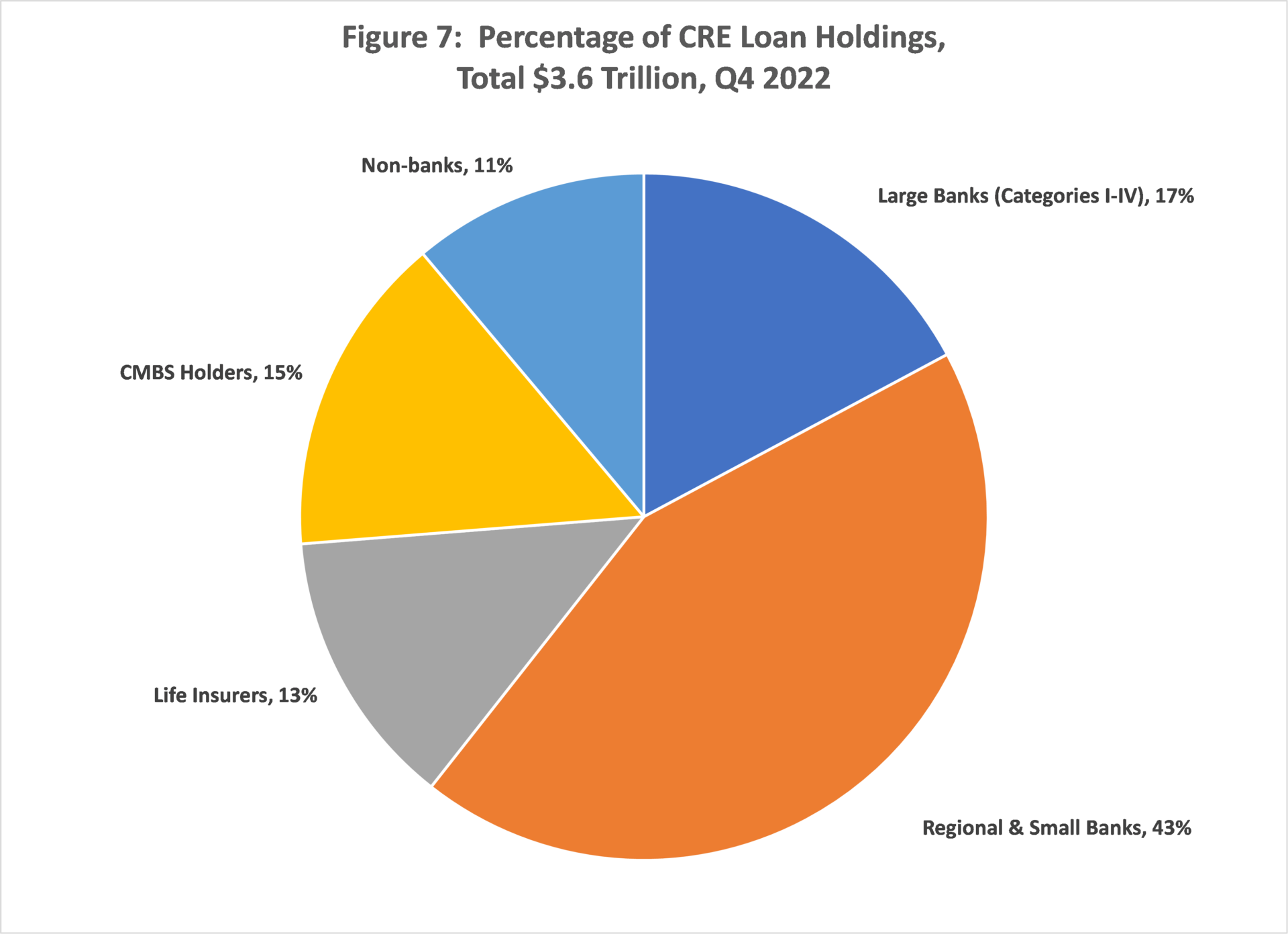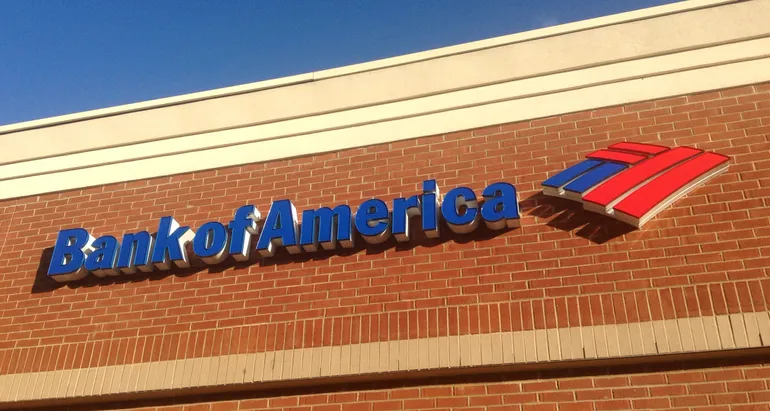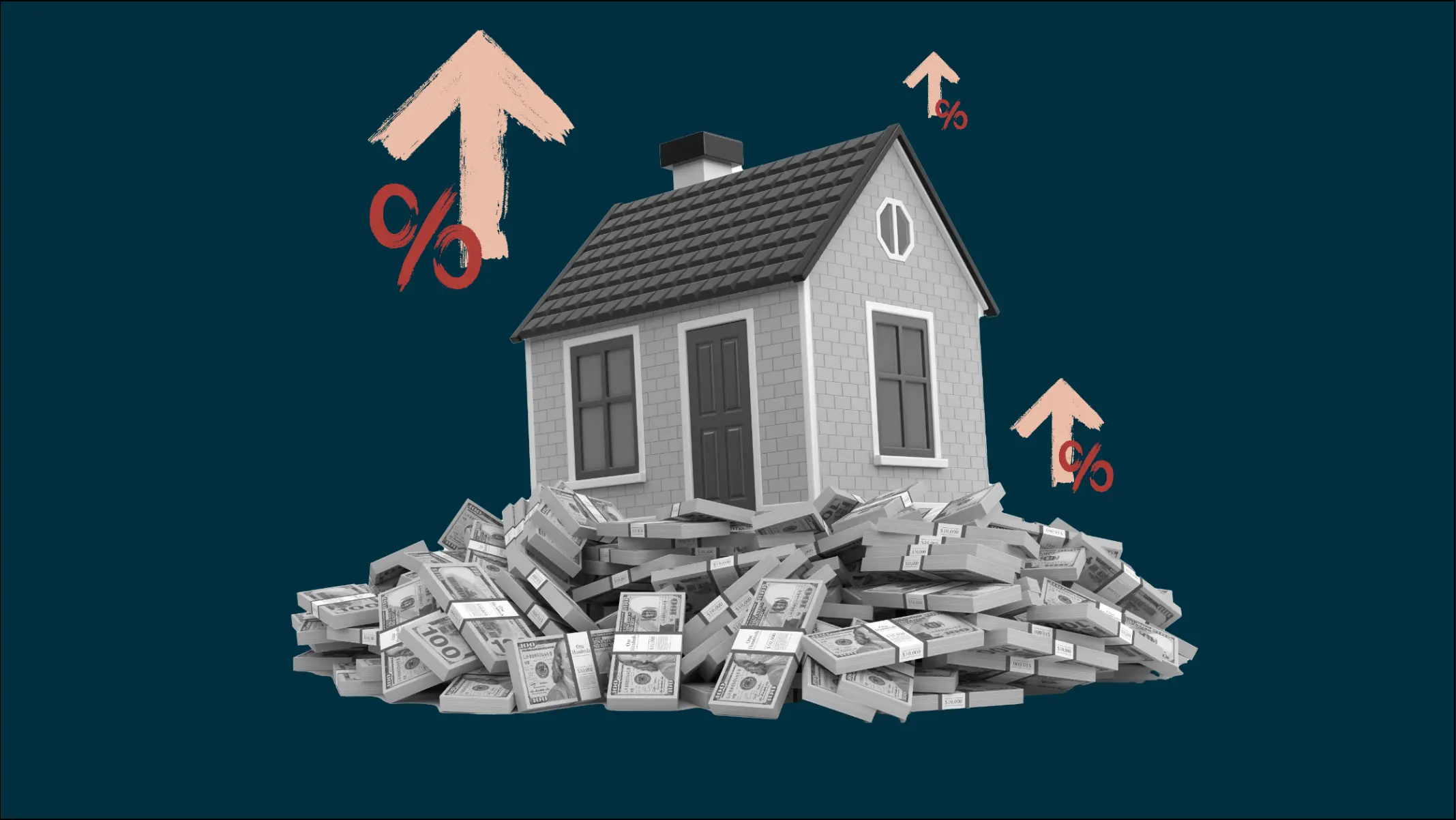trending
neon
Cirque du Soleil offers summer ticket deals
dining out
Celebs ditch the Strip for iconic Henderson restaurant
july 
trending
neon
Cirque du Soleil offers summer ticket deals
dining out
Celebs ditch the Strip for iconic Henderson restaurant
july 

Major banks are facing increased scrutiny over their lending practices following the pandemic. Regulators are investigating whether certain loan policies and interest rates disproportionately affected certain communities, leading to concerns about discriminatory lending and financial stability




In the wake of the COVID-19 pandemic, major banks across the United States are now facing intense scrutiny over their lending practices. While the pandemic led to unprecedented government interventions and emergency relief measures, some financial institutions are now being questioned about the fairness and transparency of their loan offerings, particularly for minority communities and small businesses.
With the Federal Reserve taking a more proactive stance on consumer protection and lending oversight, regulators are increasingly focused on how banks responded to the pandemic’s economic fallout and whether their actions were in line with fair lending laws.
Major banks are facing increased scrutiny over their lending practices following the pandemic. Regulators are investigating whether certain loan policies and interest rates disproportionately affected certain communities, leading to concerns about discriminatory lending and financial stability
the latest

SBA Lending Programs in the Spotlight for Small Business Growth
The Small Business Administration (SBA) has highlighted its lending programs as key drivers for small business growth. These programs, including the 7(a) loan and 504 loan, provide crucial funding to entrepreneurs, especially those from underrepresented communities.

Treasury Department Announces New Banking Policies for Foreign Investors
The U.S. Treasury Department has unveiled new banking policies aimed at regulating foreign investments. These policies are designed to enhance national security and ensure that foreign investors comply with stricter guidelines when investing in key industries.

Major Banks Face Scrutiny Over Lending Practices Post-Pandemic
Major banks are facing increased scrutiny over their lending practices following the pandemic. Regulators are investigating whether certain loan policies and interest rates disproportionately affected certain communities, leading to concerns about discriminatory lending and financial stability

Bank of America Launches Green Investment Fund
Bank of America has launched a new green investment fund, aimed at supporting sustainable projects and environmentally-conscious initiatives. The fund will focus on financing renewable energy, green infrastructure, and eco-friendly technologies to help accelerate the transition to a low-carbon economy

Rising Mortgage Rates Impacting Homebuyers & Lenders
The sharp increase in mortgage rates has begun to significantly impact both homebuyers and lenders. With higher interest rates, potential buyers are facing affordability challenges, while lenders are grappling with lower loan demand and increased risk in the housing marke

Banks Explore AI for Fraud Prevention & Customer Service
Banks are increasingly adopting AI-driven technologies to combat fraud and improve customer service. AI-powered tools enable real-time fraud detection, personalized banking experiences, and enhanced risk assessment, ensuring greater security and efficiency in the financial sector

New Regulations for Digital Banking and Crypto Investments
The government has announced new regulations for digital banking and cryptocurrency investments to enhance security, transparency, and consumer protection. The rules aim to prevent fraud, ensure compliance, and create a stable financial ecosystem for digital assets

The Role of U.S. Banking Regulations in Investment Decisions
U.S. banking regulations play a critical role in shaping investment decisions. This article explores how changes in banking rules influence market behavior, investor confidence, and capital flow

Analyzing U.S. Banking Regulations and Investment Performance
U.S. banking regulations have a significant impact on investment performance. This article explores how these rules shape the financial landscape and affect investor returns